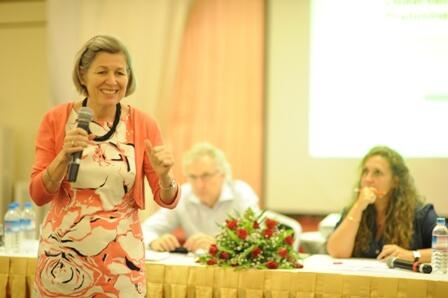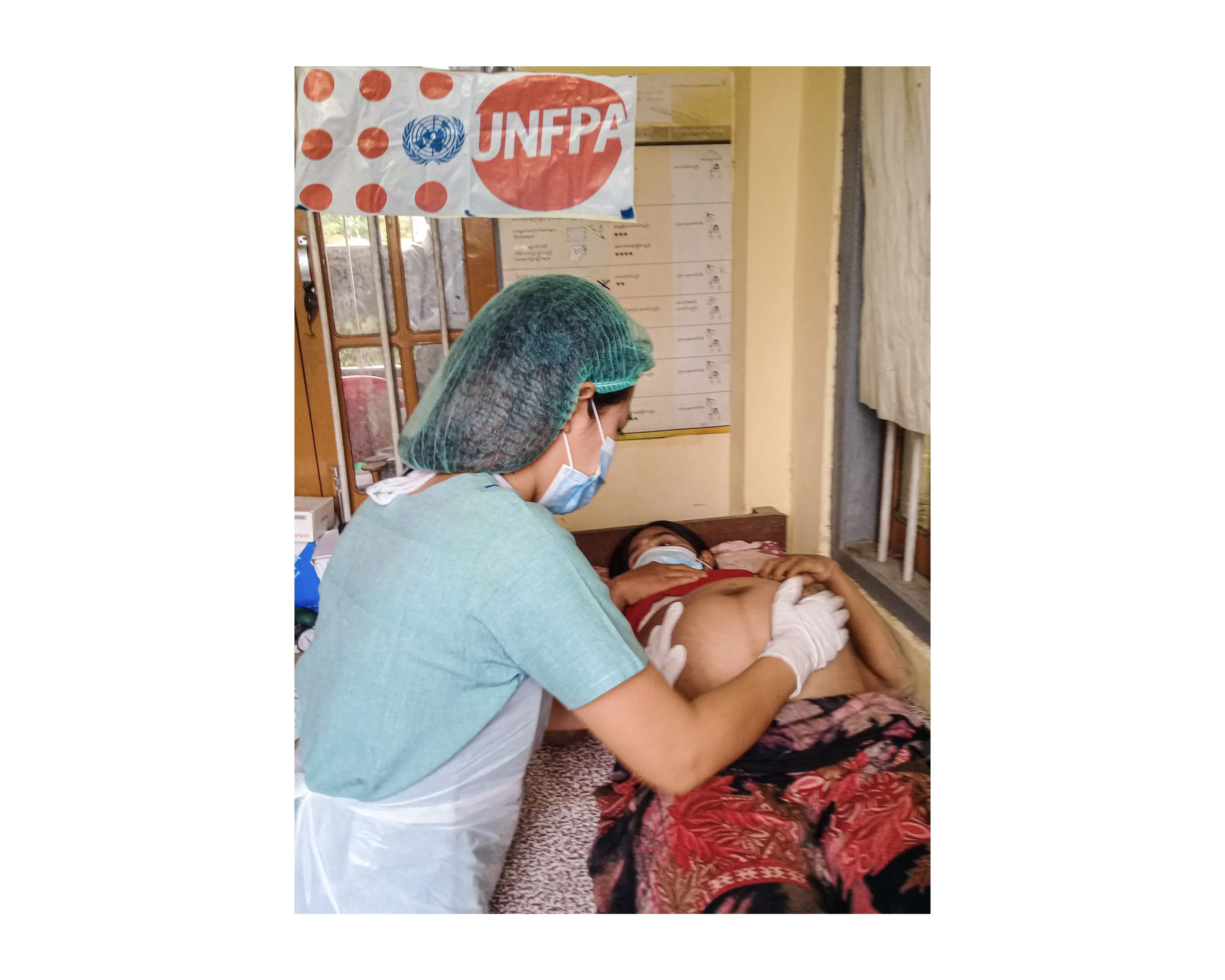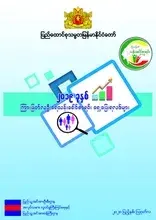YANGON — Independent observers of Myanmar’s 2014 census offered largely favourable reports on how the exercise was conducted, at a debriefing here a day after the 12-day count concluded. Highly critical reports from observers who went to Rakhine state were the main exception to the generally positive feedback presented.
One or two teams of observers visited enumeration sites in each of the country’s 15 states or regions. Each team had one national member and one international, mostly data experts selected for their experience with censuses in other countries.
The review meeting was organized by UNFPA, the United Nations Population Fund, which provided technical support and helped mobilize funding for the census. Senior officials from the Ministry of Immigration and Population (MoIP) and representatives of donor countries attended.
The observers’ assessments and a summary prepared by UNFPA were preliminary, organizers stressed. A more conclusive report is in preparation.
The teams observed 2,193 census activities enumerations in over half of the country’s 74 districts, more than a third of its 330 townships, and 900 enumeration areas– 1.1 per cent of the total. Local census officials welcomed them and facilitated their work, the observers reported.
In nearly all areas visited the data collection went smoothly, the observers said. They found the population to be informed about the census and willing to participate.
“I was delighted by the responsiveness,” one observer reported. “People seemed eager to be enumerated, or worried that they might be left out.”
Enumerators, who were mostly local schoolteachers, were seen as capable and adequately trained, and their administration of the 41-question census form as thorough and satisfactory. While the questionnaires were in Burmese language, the enumerators usually spoke the same language as the respondents.
Observers reported some shortcomings: most enumerators did not adequately explain the census or the principle of confidentiality, they said. Answers to questions were often sometimes inferred. And while they observed, the presence of outside people during enumerations sometimes seemed intrusive. But these criticisms were described as secondary.

Rakhine state presented a different story. There, the witnesses observed that no one who wished to define their ethnicity as Rohingya was allowed to do so, contravening human rights principles. In many cases, enumerators asked about ethnicity first, and left without administering the questionnaire if respondents declared they were Rohingya.
At the meeting, U Myint Kyaing, Director-General of MoIP’s Department of Population, defended the Government’s decision not to allow people to self-identify as Rohingya, which is a departure from the Government’s agreement to conduct the census accordingly to international standards and human rights.
“When we did the enumeration in Rakhine state, some people insisted on being counted as ‘Rohingya’. That is why we had to skip those houses,” he said. “We did this to avoid bloodshed,” he maintained, referring to protests in the state by people militantly opposed to allowing Rohingya to be used as an ethnic identity, even as a write-in category.
Before the census began, the MoIP had agreed that everyone would be counted and would have the option to self-identify their ethnic group, even if it were not one of the 135 groups listed on the census form. But after violence broke out in Sittwe on 26 and 27 March targeting humanitarian organizations, authorities declared that “Rohingya” would not be accepted as a response to the ethnicity question.
The protesters, like the Government, maintain that “Rohingya” is a made-up term for a group of non-citizens who should be classified as “Bengali” due to their immigrant origins – which often go back many generations.
Janet Jackson, UNFPA Representative in Myanmar, said the events in Rakhine state had cast a cloud over what was otherwise appears to have been a promising census, but that was a discussion for another day. Several of the donor country representatives also expressed disappointment.
Another concern raised by some observers was that the completed questionnaires get sent to the capital for processing as soon as possible after the country’s weeklong water festival. Officials said measures were in place to ensure the forms would be stored and handled securely.
Frederick Okwayo, UNFPA’s chief technical adviser for the census, noted that scanning of the questionnaires would commence on 5 May and said it would take four to five months to capture all the data collected.




